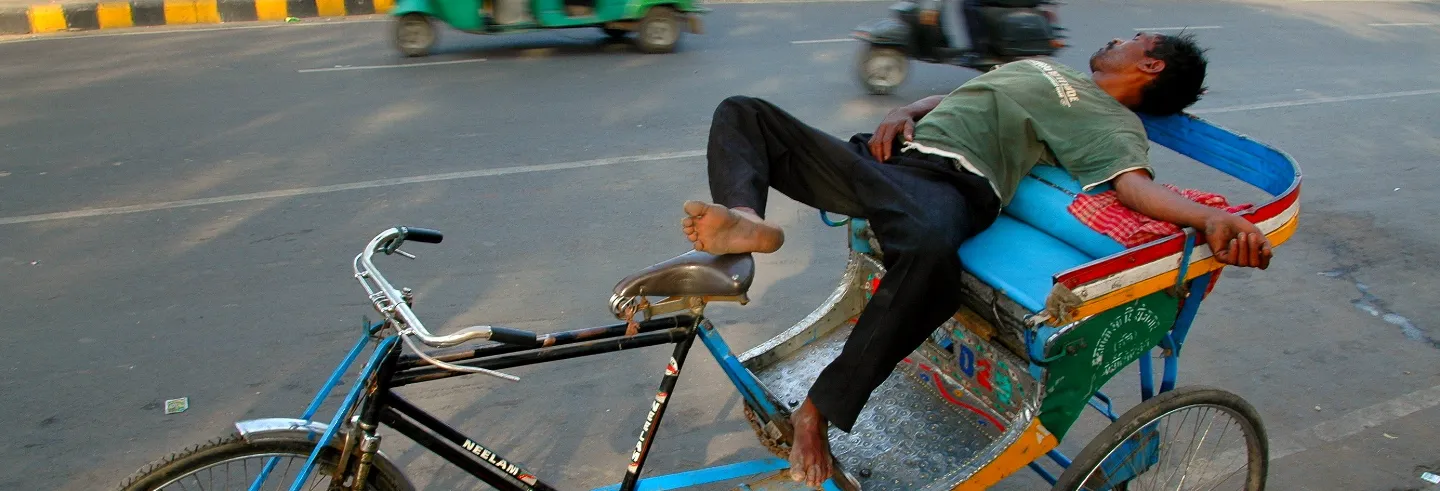The accelerated insertion of India into the structures of global neoliberal capitalism and the lack of a substantive redistribution of resources together fuel the increasing informalization and precarity of work and employment. In this context, it is hardly surprising that the slums and homelessness that were previously associated mainly with the large metropolitan centres of India are now a pervasive and permanent feature of the smaller cities and towns too. Uprooted from the rural areas, those who flock to the urban locales hope to eke out a living of sorts and survive against all odds in the precarious informal sectors.


The aftermath of the sudden announcement of the Covid lockdown in 2020 with its four-hour deadline to pack up and leave for where they came from, provided searing, horrific visual reminders of the millions who, who had somehow come to terms with precarity, suddenly and not for the first time, had their worlds turned upside down (Tarangini and Nitya, 2020; Patel, 2020; Baxi, 2020; Roy, Subramanian and Vandewalle, 2020; Kapoor, 2020).


Although the images here (shot during 2008-2016) are from the pre-Covid period, they represent attempts to document the ongoing struggles of Indians for existence and dignity as they, as active agents, negotiate their lives, and livelihoods within the very real constraints of the structures, ideologies and cultures of global and glocal neoliberal capitalism.


The woman who, with other family members, walks a few kilometres a day to buy dried fruits and nuts that she later sells on the pavement. The exhausted rickshaw puller who takes a break to catch up on sleep in the searing heat. The woman selling flowers, just outside her dwelling, for the local temple. The father and son selling meals to those eking out a living on the streets. The young girl who performs – as part of a troupe - acrobatic tricks in a park etc.

More details could of course be provided to narrativize and contextualize each image. However, narratives – and indeed images too – even while illuminating the contexts, can also oversimplify the complexities of the multifaceted modes of existence and survival strategies of real human agents in an everchanging world. And as the great photographer/sociologist of labour Lewis Hine quipped, “if I could tell the story in words, I wouldn’t need to lug around a camera”.


As Fanon (1963:98) put it, “The fundamental duel which seemed to be that between colonialism and anti-colonialism, and indeed between capitalism and socialism, is already losing some of its importance. What counts today, the question which is looming on the horizon, is the need for a redistribution of wealth. Humanity must reply to this question, or be shaken to pieces by it."
Zaheer Baber is Professor in the Department of Sociology at University of Toronto.









